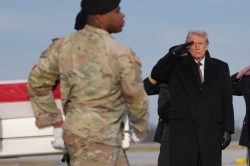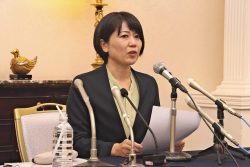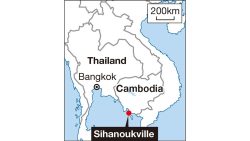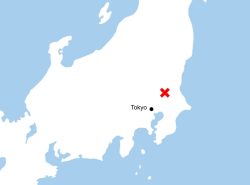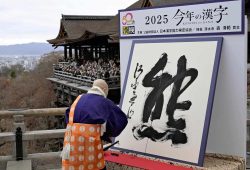Central and Eastern European Countries Mark 20 Years in NATO with Focus on War in Ukraine
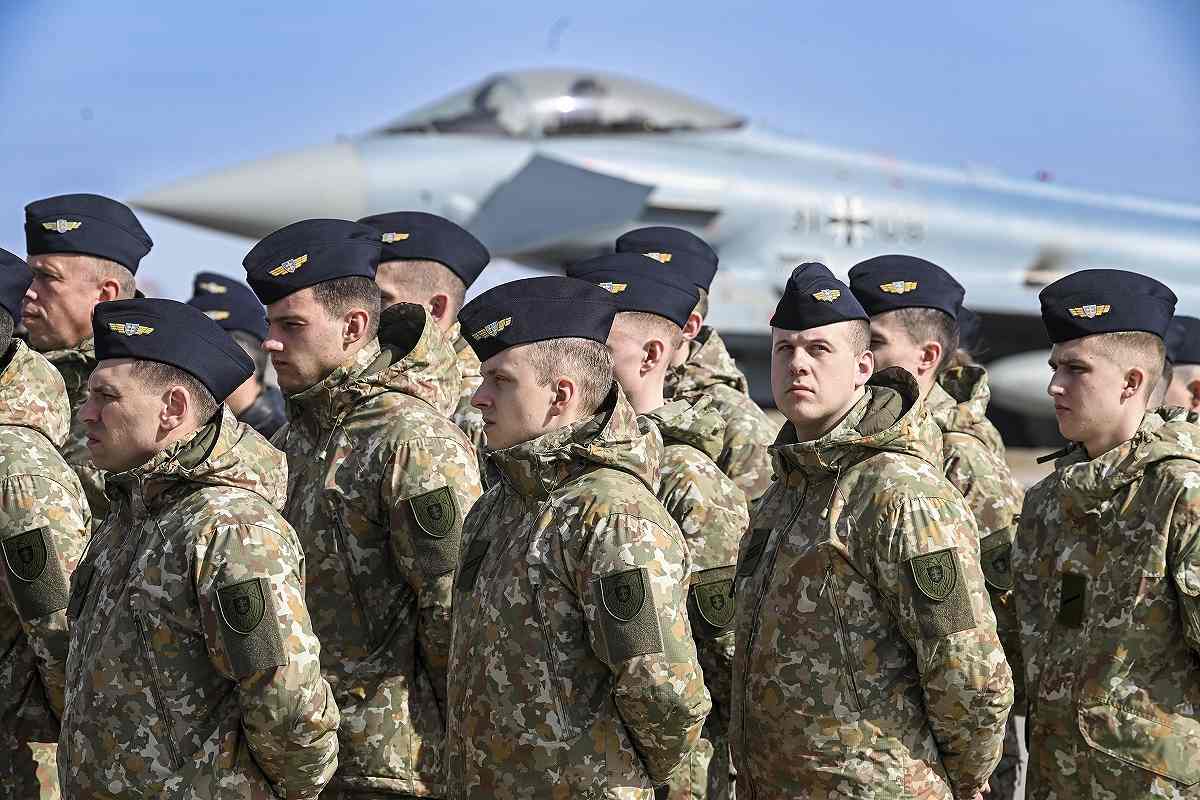
In this photo provided by Lithuanian Ministry of National Defense, Lithuania’s army soldiers attend the celebration for Lithuania’s NATO membership 20th anniversary at the Siauliai airbase, some 230 km (144 miles) east of the capital Vilnius, Lithuania, Thursday, March 28, 2024.
12:20 JST, March 29, 2024
VILNIUS, Lithuania (AP) — Several central and Eastern European countries began marking on Thursday the 20th anniversary of the largest expansion of the NATO military alliance when formerly socialist countries became members of the bloc.
Military aircraft roared over the Lithuanian capital Vilnius. At the main airbase hosting Spanish and Portuguese fighter jets tasked with NATO air policing missions in the Baltic region, officials gathered to commemorate the event.
“Russia’s new bloody terror in Europe is contributing to the growth of instability and threats around the world. However, we in Lithuania are calm because we know that we will never be alone again,” said President Gitanas Nauseda, standing near the runway where the first NATO jets landed back in 2004. “We will always have a strong, supportive Alliance family by our side, and we will face any challenges together.”
Bulgaria, Estonia, Latvia, Lithuania, Romania, Slovakia, and Slovenia joined NATO on March 29 in 2004, bringing the total membership of the Alliance to 26. The seven nations started accession negotiations soon after the collapse of the Soviet Union and eventually were invited to join at the Prague Summit in November 2002. Another group of former Soviet satellites including Poland and the Czech Republic had been admitted several years earlier.
Since joining the alliance, these countries often warned about the threat of Russia, using their national trauma of Soviet occupation as proof of credibility. While Western nations often dismissed their sometimes hawkish attitude, Russia’s full-scale invasion of Ukraine is seen as a vindication of those fears. They have given some of the most robust responses, helping Ukraine with equipment and money, and pushing for even greater sanctions on Russia.
Most of the former Soviet Republics that joined NATO at the turn of the millennium spend more than the required 2% of gross domestic product on defense. When Romania’s President Klaus Iohannis announced his bid earlier this month to become the next leader of the alliance, he emphasized the threat from Russia and said the alliance needs a “renewal of perspectives” that Eastern Europe could provide.
“Russia is proving to be a serious and long-term threat to our continent, to our Euro-Atlantic security,” the 65-year-old said when he announced his bid. “NATO’s borders become of paramount importance, and the strengthening of the eastern flank … will remain a long-term priority.”
The seven countries are marking the anniversary with solemn events and shows of force, but also some levity, with open-air concerts and exhibitions.
“Twenty years ago the Bulgarian people made the right choice for our country to join NATO,” the country’s defense chief Adm. Emil Eftimov said. “Given today’s security situation, this is the most appropriate decision we have made in our recent history.”
NATO was established in the aftermath of World War II.
"News Services" POPULAR ARTICLE
-

American Playwright Jeremy O. Harris Arrested in Japan on Alleged Drug Smuggling
-

Taiwan President Shows Support for Japan in China Dispute with Sushi Lunch
-

Japan’s Nikkei Stock Average as JGB Yields, Yen Rise on Rate-Hike Bets
-

Japan’s Nikkei Stock Average Licks Wounds after Selloff Sparked by BOJ Hike Bets (UPDATE 1)
-

Japanese Bond Yields Zoom, Stocks Slide as Rate Hike Looms
JN ACCESS RANKING
-

Keidanren Chairman Yoshinobu Tsutsui Visits Kashiwazaki-Kariwa Nuclear Power Plant; Inspects New Emergency Safety System
-

Imports of Rare Earths from China Facing Delays, May Be Caused by Deterioration of Japan-China Relations
-

Japan Exports Rise in October as Slump in U.S. Sales Eases
-

Govt Aims to Expand NISA Program Lineup, Abolish Age Restriction
-

Blanket Eel Trade Restrictions Rejected




